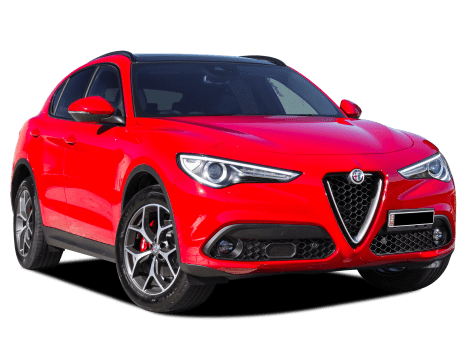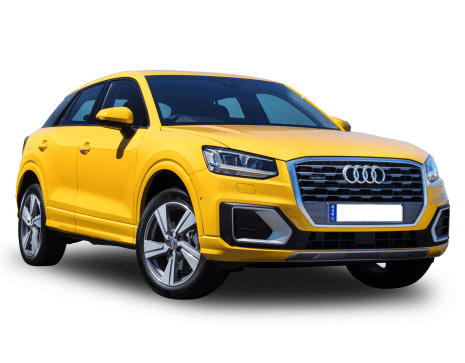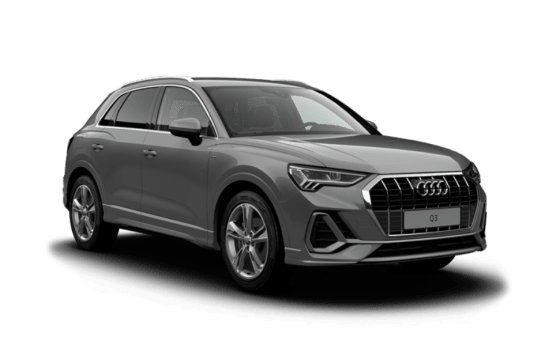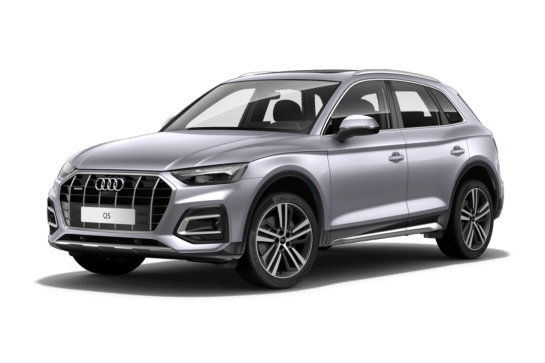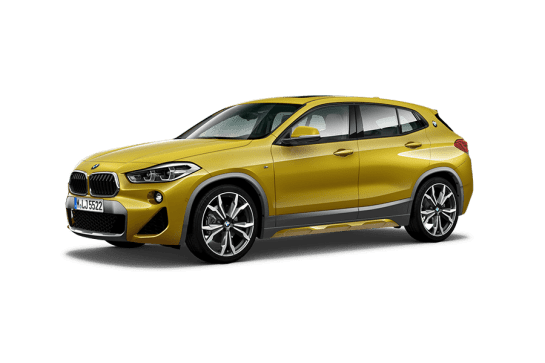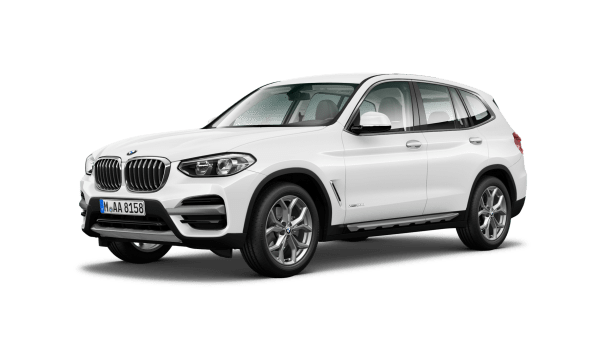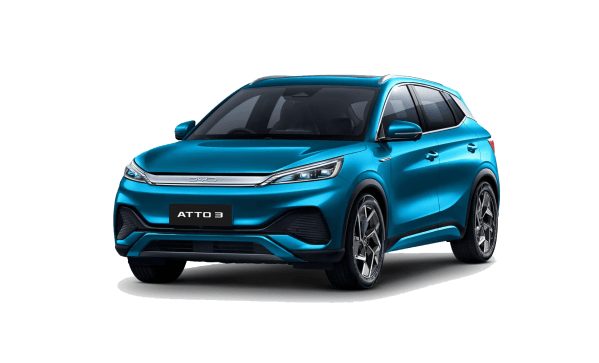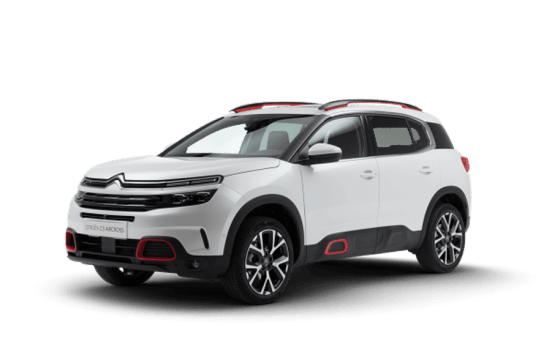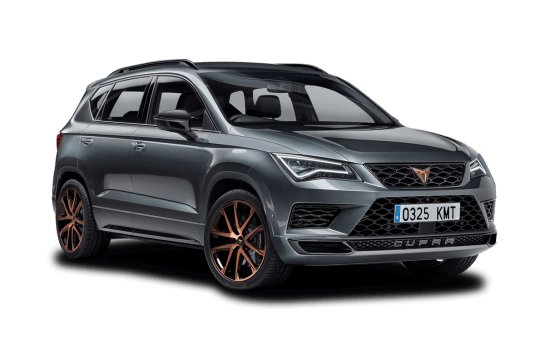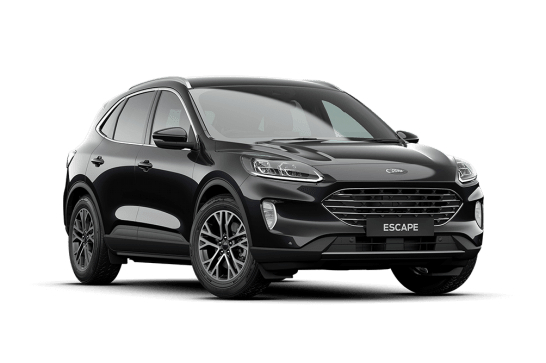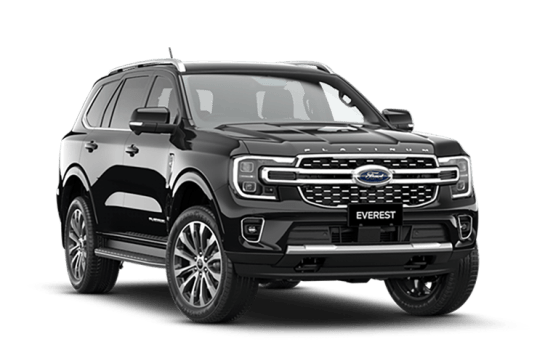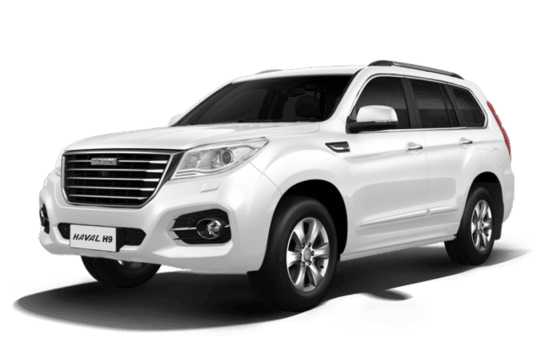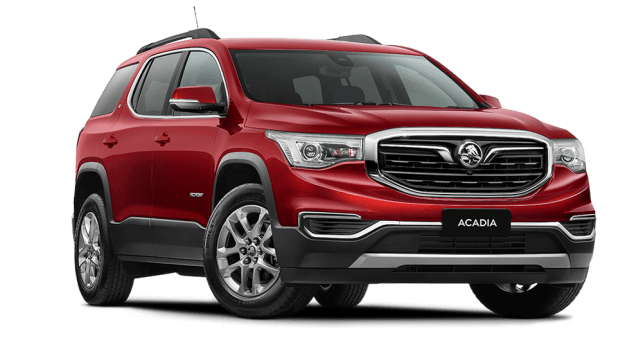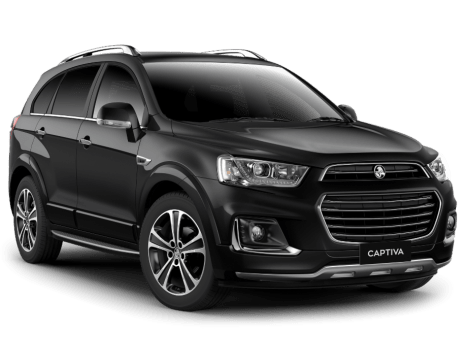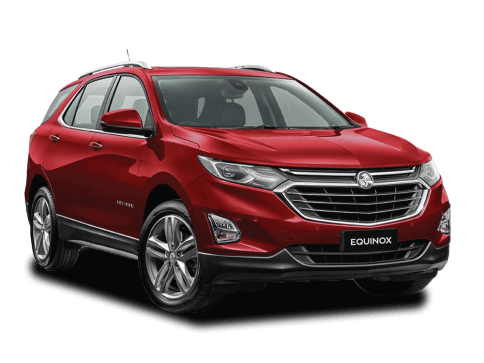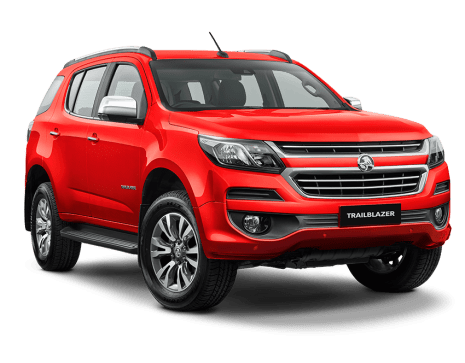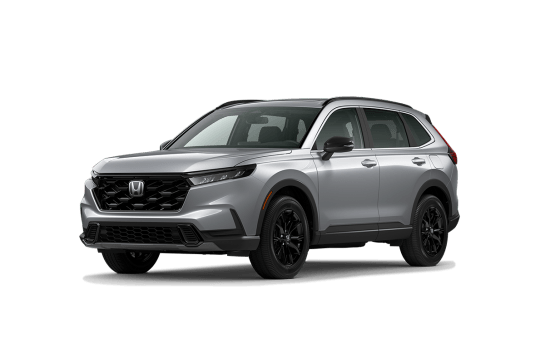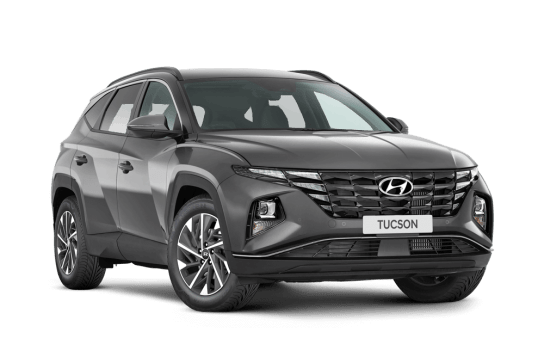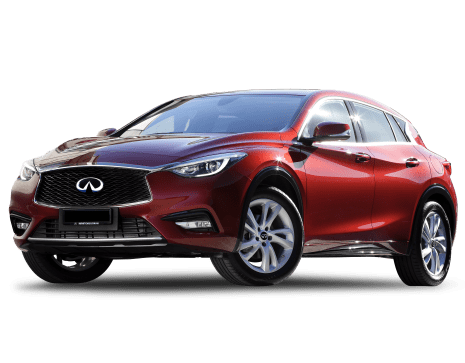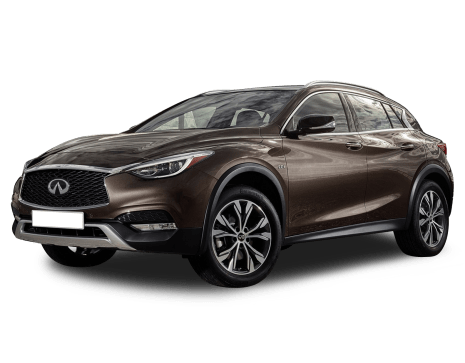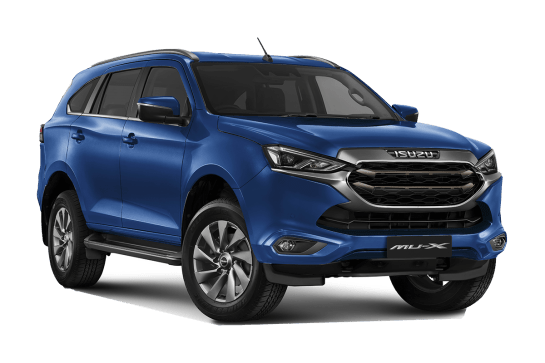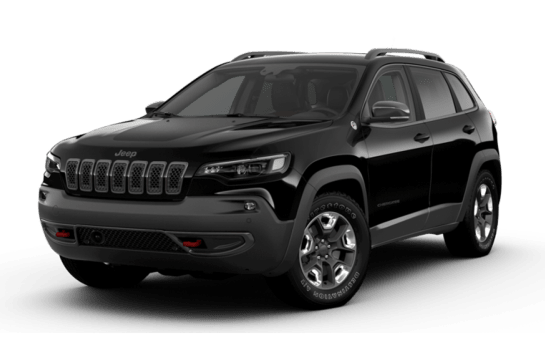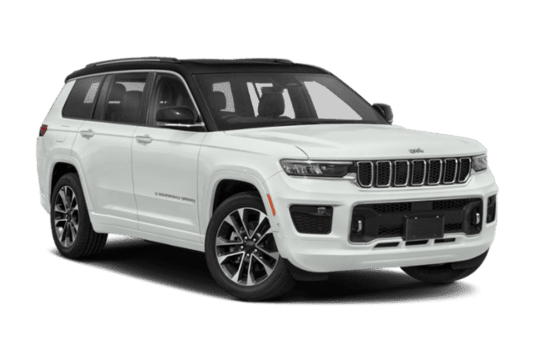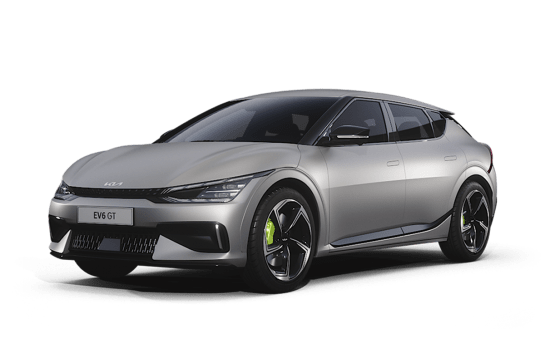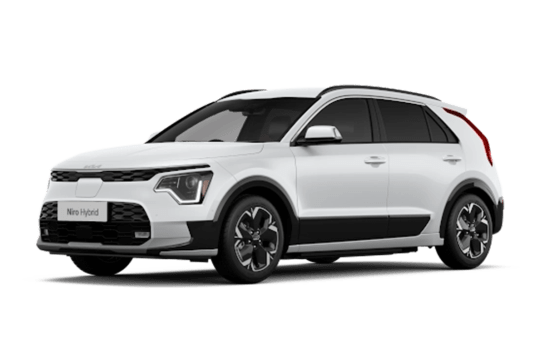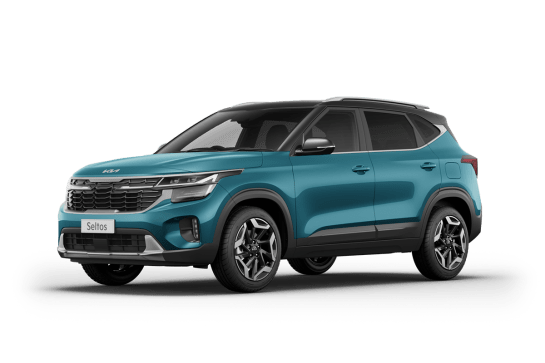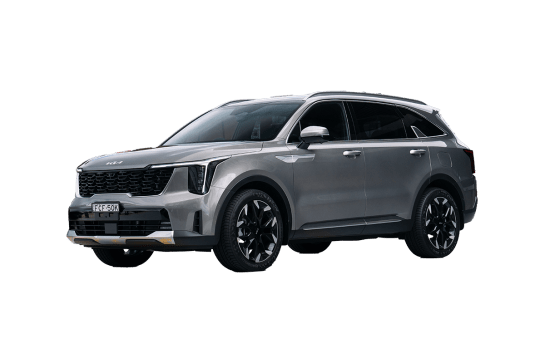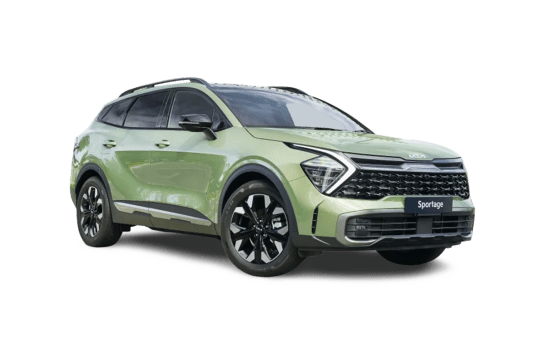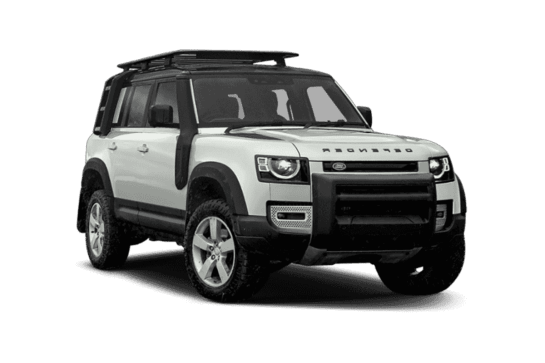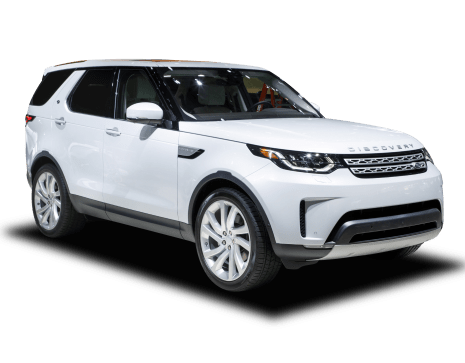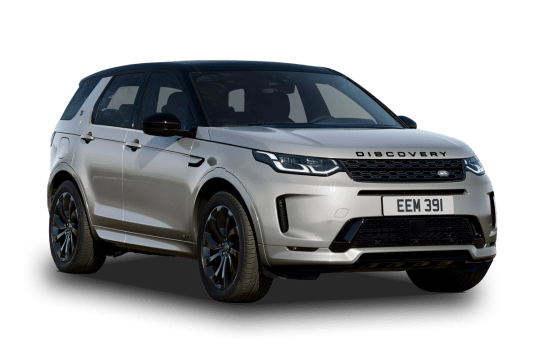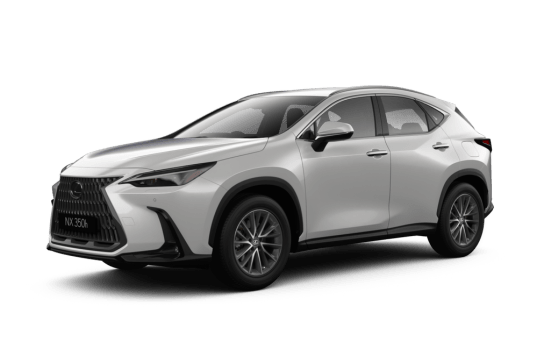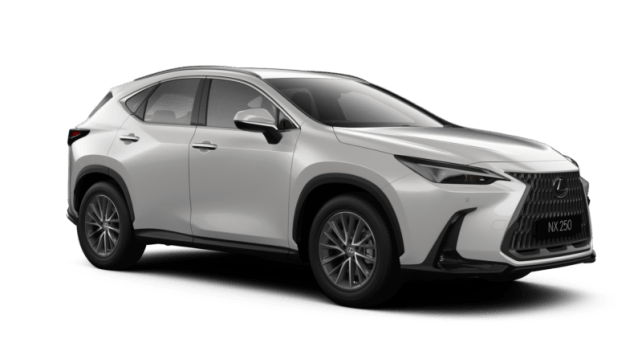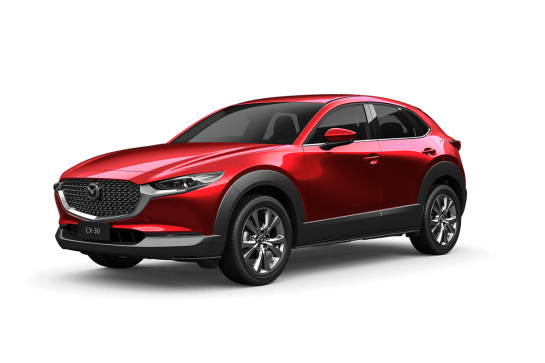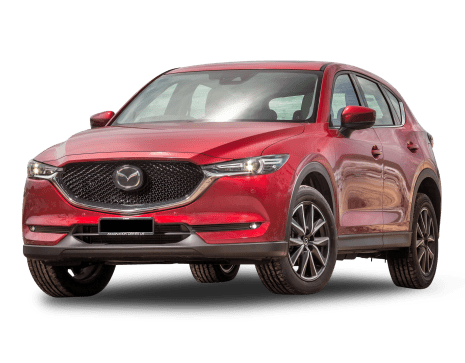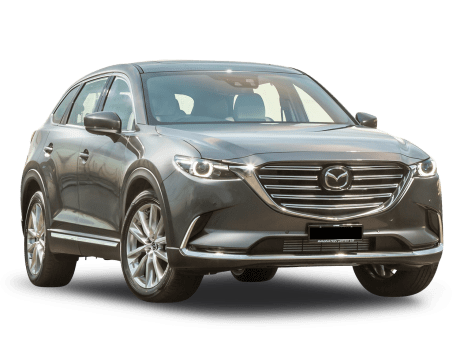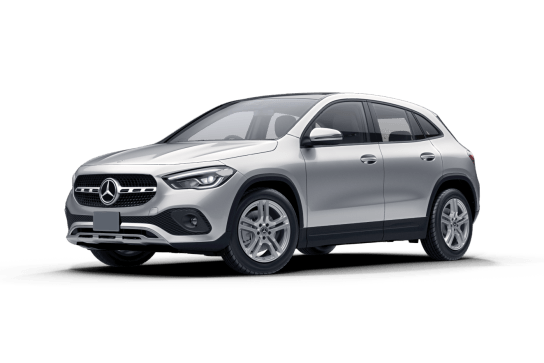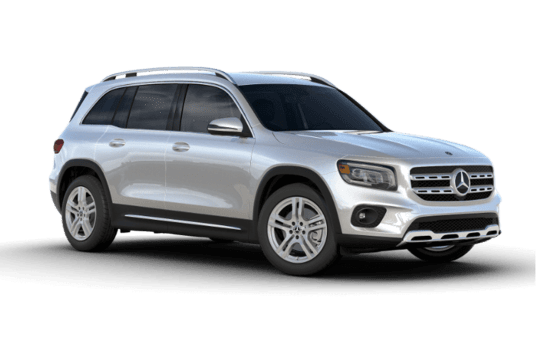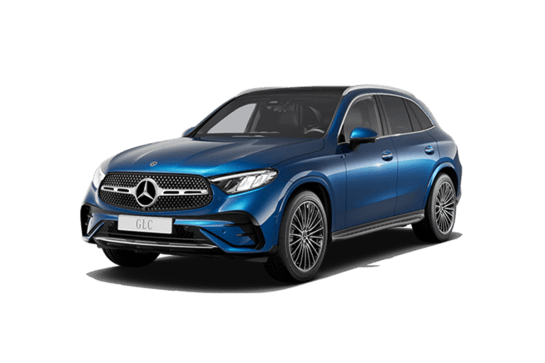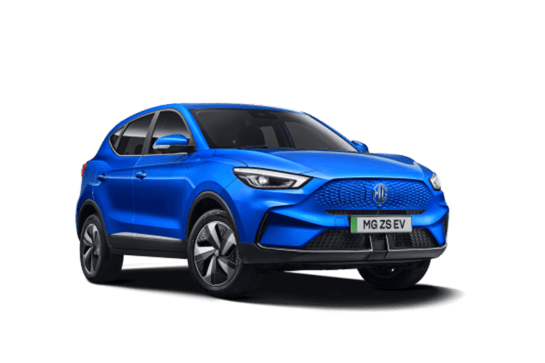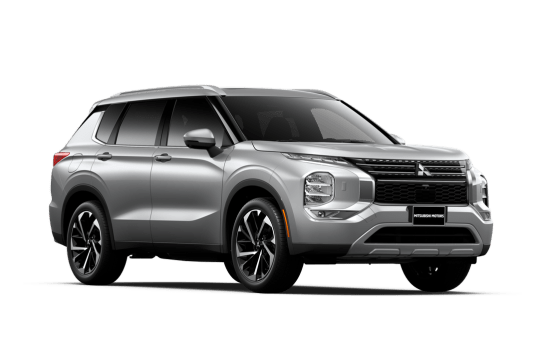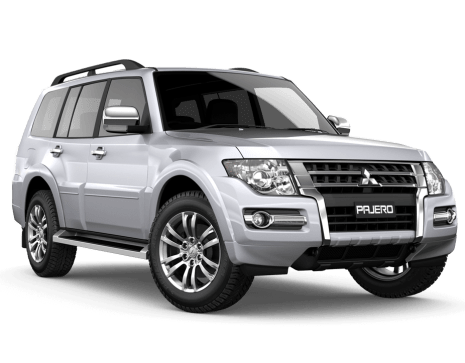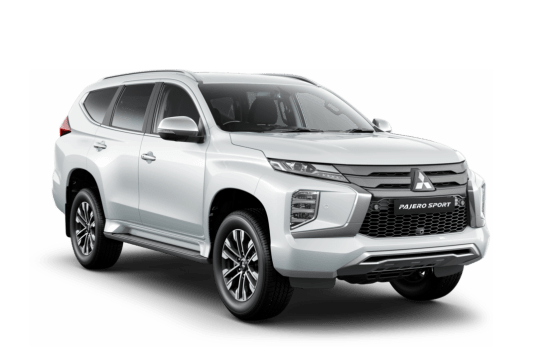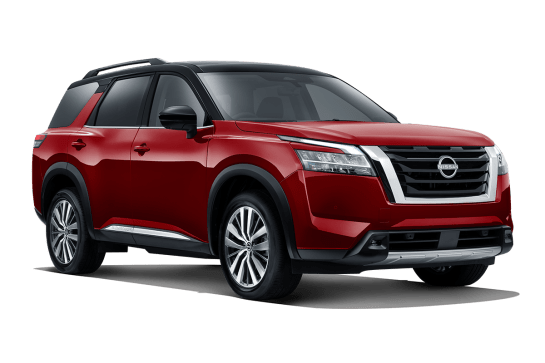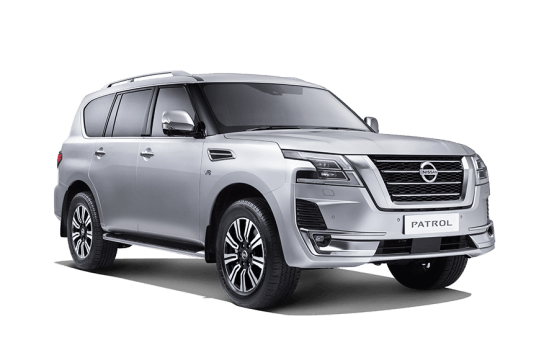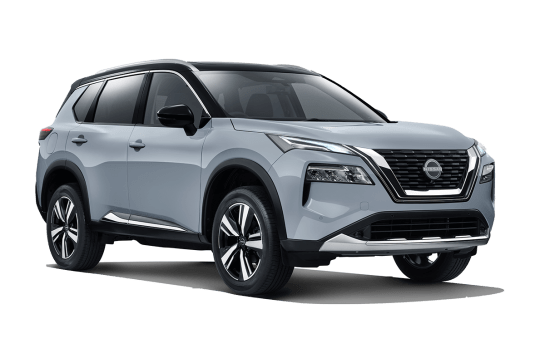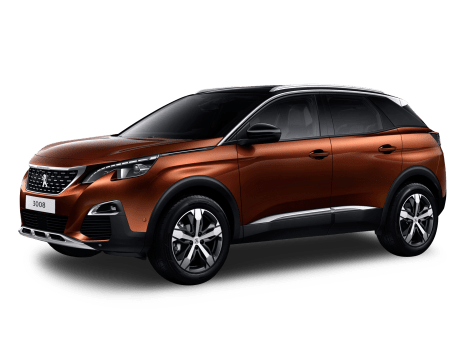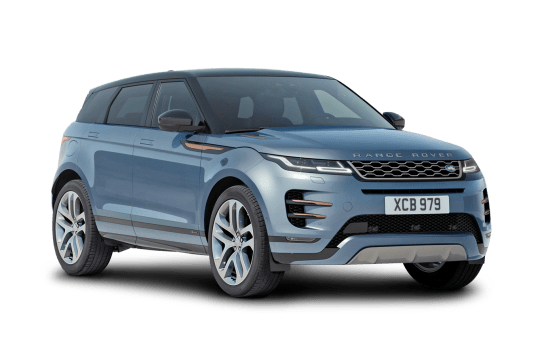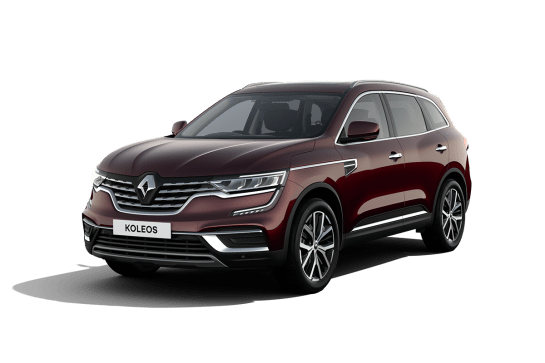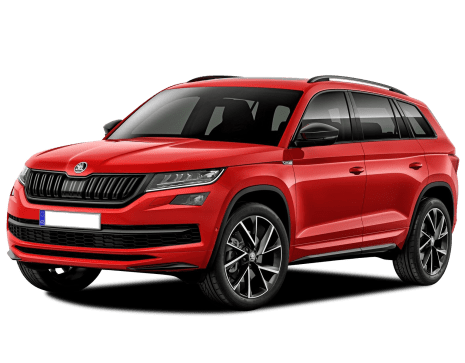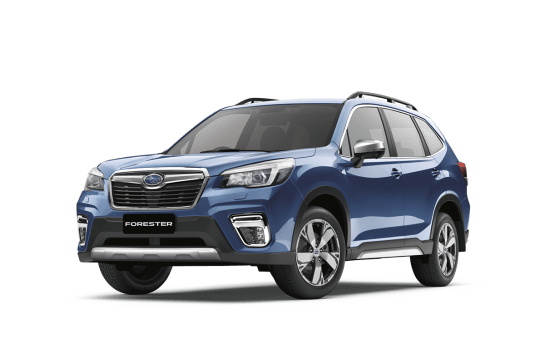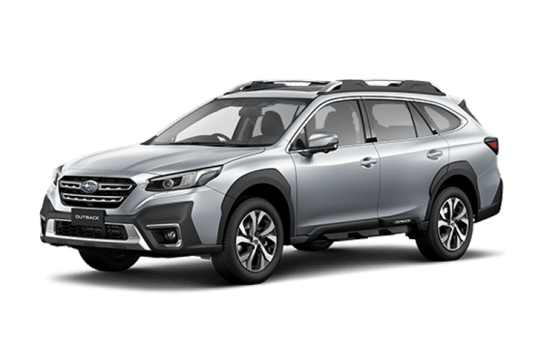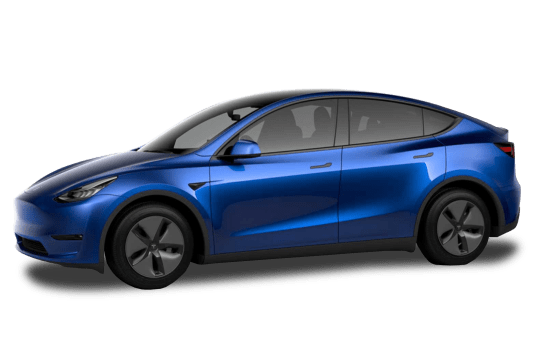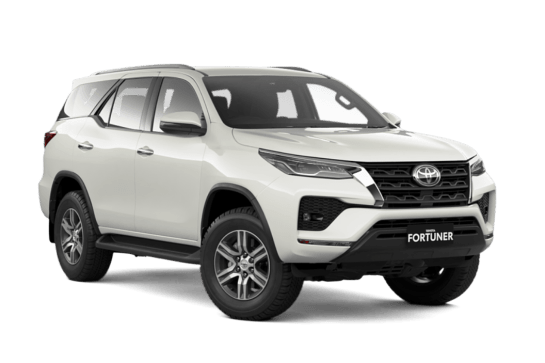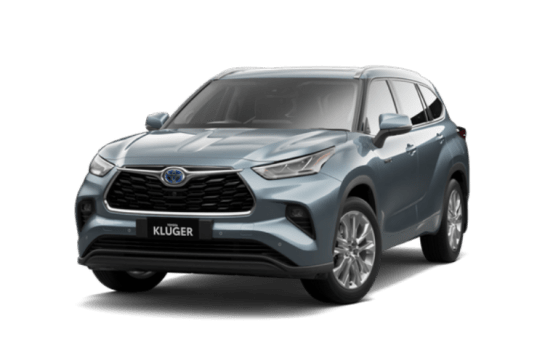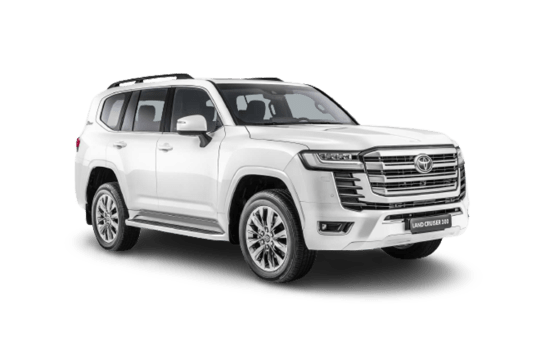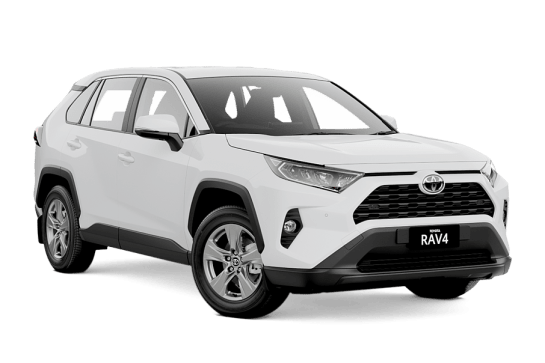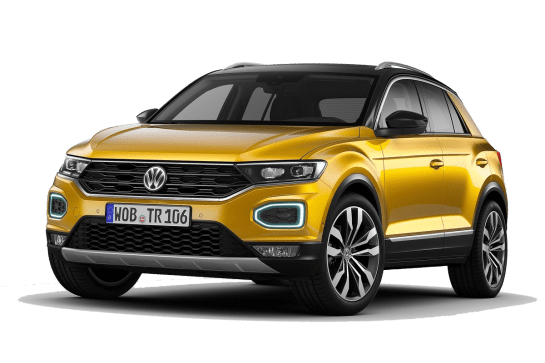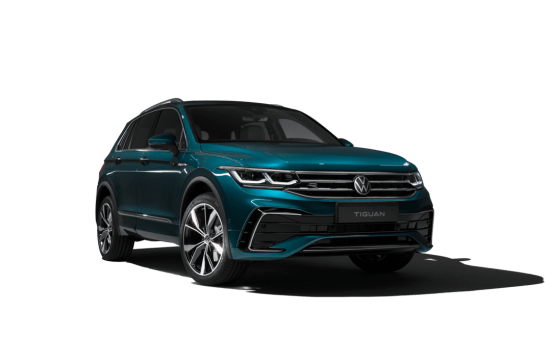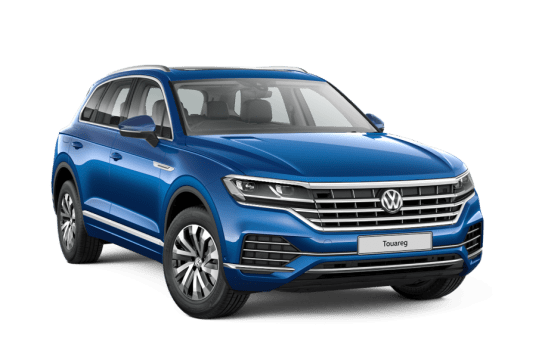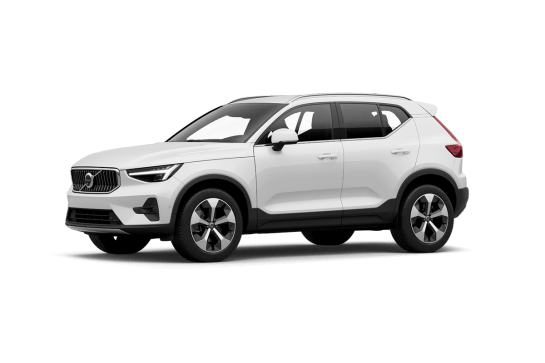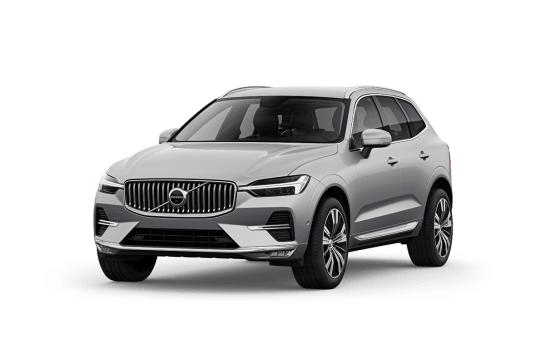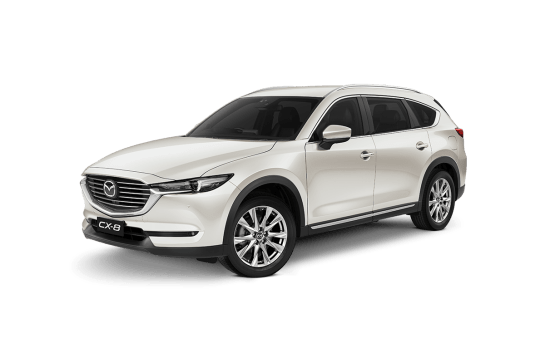
Mazda CX-8 VS Holden Captiva
Mazda CX-8
Likes
- Practical family features
- Luxe factors throughout
- Easy-as-pie to drive
Dislikes
- Misses out on a 360-degree view camera system
- Expensive compared to similarly specified rivals
- Low number of airbags for family SUV
Holden Captiva
Likes
- It's cheap
- It's big
- Apple CarPlay and Android Auto
Dislikes
- It's old
- It's a bit noisy
- Lacks the finesse of the competition
Summary
Mazda CX-8
Mazda has a tendency to have a lot of similar looking horses in the stable; blink and you'll miss the (very) subtle differences between the CX-8 and the CX-9 but if you're not super keen on the bulk of the CX-9 and you've outgrown the space of the CX-5... this one's for you.
Especially, if you've been considering its competition - the Hyundai Santa Fe Elite CRDi AWD and Toyota Kluger GXL AWD. Both of which have become known for their features and space.
So, how does it compare? The CX-8 GT SP diesel all-wheel drive seats seven, has a decent boot space (albeit, when the third row isn't in use) and handles like a dream.
Read more about
Perfect combination? Maybe. I've been driving it for the last week with my family to find out for you.
| Safety rating | |
|---|---|
| Engine Type | 2.2L turbo |
| Fuel Type | Diesel |
| Fuel Efficiency | 6L/100km |
| Seating | 7 seats |
Holden Captiva
Holden wasn't the first manufacturer to find itself bereft of a big SUV when the fuse was lit by BMW and Mercedes as the last millennium came to a close. Ford responded with the Territory while Holden jacked-up a V8 Commodore and slapped the Adventra badge on it. Sadly, it didn't work, and so the Captiva was the next best option, procured from what was then called Daewoo.
As a result of that that little blip on the economic radar, the GFC, and an on-going re-organisation of General Motors, the Korean-built Captiva has lasted rather longer than anyone expected.
It first launched with two bodystyles, but is now down to one, the bigger and more practical seven seat body shell.
| Safety rating | |
|---|---|
| Engine Type | 2.2L turbo |
| Fuel Type | Diesel |
| Fuel Efficiency | 8.2L/100km |
| Seating | 5 seats |
Verdict
Mazda CX-88/10
So, what did my family think about the Mazda CX-8 GT SP diesel all-wheel drive? I love how it performs on the road - it's super easy to drive and you don't notice how large it is in a car park.
There are some great family-friendly features scattered throughout and I like how practical this is too with the extra seats and top-tether points. The multimedia system isn’t my favourite and I would have preferred to have seen a few extra airbags and a 360-degree view camera, but overall, it’s a good family car and gets an 8.0/10 from me.
My son loved the sun blinds and the cool colour of the seats. He also gives it an 8.0/10.
Holden Captiva6.3/10
The Captiva is very, very long in the tooth and is heading towards retirement some time in the next twelve months. Before then, it's a lot of car for the money, particularly the seven seat LS. It's not fast, flash or futuristic but it will do the job and with all of the early problems sorted, will probably do it for quite some time.
The Captiva's low scores are mostly to do with the car just being old and feeling it, with dodgier plastics, slightly undercooked ride and handling and a lack of engine and safety tech. It doesn't mean it's a terrible car, because it isn't and Holden papers up the cracks with a low starting price and good after-sales.
Design
Mazda CX-8
To be honest, I can't really tell the CX-8 and CX-9 apart on the road. They're both large SUVs that sport the classic Mazda bonnet - sharp and long. Up close, the CX-9 has a bulkier shape but otherwise they are remarkably similar.
The CX-8's darkened grille generates some interest with its lattice-work and there are enough shiny chrome accents scattered about the car that it looks pretty.
Yet, the sporty sharpness that Mazda is known for is still hinted at with its shaping and the 19-inch black alloy wheels.
Our model is finished in 'Platinum Quartz Metallic' and it is the highlight for the exterior styling for me. I think because it's such an interesting colour to look at - it varies a lot depending on lighting conditions. Sometimes, it almost has a sheen of pink to it and at others, it looks like pearly sand.
The interior looks polished and refined with its burgundy leather trim and soft-touchpoints. Again, there is a lot of chrome inside to make otherwise dull features, like air vents, pop out.
Holden Captiva6/10
Formerly known as the Captiva 7, the seven seat body has remained mostly the same for its 11 years on sale. The only real changes have been around the front end, with Holden several times fiddling with the grille, lights and bumpers. There's nothing flash about the Captiva, but you know exactly what it is coming at you, with the double grille and big Holden badge.
In profile there's a lot of the original BMW X5 if you squint, right down to the copyright lawyer-dodging shape of the rear quarter window. It also has that X5's big gaps between wheelarch and tyres and a good view of the wheelarch itself. If that's your thing.
Little has changed at the back apart from bumpers and the LED effect lights added in the last update in 2014. It's unlikely you're buying the Captiva as auto haute couture, though.
Inside is basic, and you can place the Captiva's genesis in the mid-2000s, there's a certain generic GM feel to it. The switchgear feels old and clacky, the plastics are hard but do fit well enough. An Audi interior it isn't. The update in 2014 to make the 7.0-inch screen fit in the dashboard is fairly obvious and it's a shame the whole dash couldn't have been replaced. The huge steering wheel surrounds a tightly packed instrument cluster with small dials and a very old-looking LCD panel for trip computer duties.
Practicality
Mazda CX-8
The CX-8 is a very practical family hauler because there's ample room in all three rows. Yes, even adults will be able to squeeze into that third row without too many complaints!
All rows enjoy well-cushioned seats and up front they are electrically adjustable, but unfortunately, only the driver's side has lumbar support.
The middle row can slide forward manually or by using the electric button found on the side of the seats... but doing it yourself is way faster.
They do slide far enough forward that you won't embarrass yourself too much when you have to clamber into the third row. Where the seats have a 50/50 split-fold and manual adjustments (accessed via the boot).
In the first two rows there are lots of individual storage options but the front enjoys the most. The middle console is deep enough to be useful and I like the dual opening lid. Each row gets a couple of cupholders and drink bottle holders, too.
The charging options are great, with each row getting two USB-C ports and the front getting a wireless charging pad and 12-volt socket.
All of the controls and dials feel within easy reach and the 10.25-inch touchscreen multimedia system graphics are clear.
You can use it as a touchscreen or opt for the rotary dial but switching between the two was awkward for me. Especially, since the touchscreen function is disabled when you are using the wireless Apple CarPlay. This also has wired Android Auto, for those users.
The amenities are practical throughout with a dark headliner, three-zone climate control and heated outboard seats and retractable sun-blinds in the middle row.
Good news for families because there are five top-tether points across the back rows and ISOFIX child seat mounts on the outboard seats in middle row, in case you need them.
You can fit a 0-4 rearward facing child seat and it shouldn’t impact on front passenger comfort.
My six-year old found it super easy to get in and out of this car because of the 205mm ground clearance and wide door apertures. He enjoyed the high seating position, too, but was disappointed he couldn’t see out of the sunroof!
The boot space is a bit cramped with all three rows are in use at 209L but folding the third row opens up a more respectable 775L - perfect for the average family and its stuff!
The loading space is level, with the temporary spare tyre and clever storage compartments housed underneath. There is a retractable cargo blind and net, luggage anchor points and a 12-volt port, too.
And, as always, I love a powered tailgate, which this has!
Holden Captiva7/10
The Captiva's interior dimensions are impressive. In seven seat versions, the boot space starts at 87 litres, expanding to a handy 465 litres with the 50/50 split fold rear row stowed. Flop the middle row forward and you're up at 930 litres, a good size cargo area that could swallow a flat-pack wardrobe. If you snaffle a five-seat version, you can remove the boot floor panels to reveal another couple of hundred litres of hidey holes.
There are cup holders up front (two), in the middle row (two) and in the boot (one, strangely) for a total of five. In the seven seater, two will go thirsty.
Price and features
Mazda CX-8
The GT SP diesel AWD is one of the premium models, sitting third from the top and will cost you $65,560, before on road costs.
However, its price tag positions it as the most expensive compared to its rivals. With the closest rival being the Kluger at $65,310 and the most affordable being the Santa Fe at $60,000.
You do get a stylish-looking package with lots of features for your cash, like heated front seats, heated rear outboard seats, a tilt and slide sunroof, and premium leather interior trim.
There's some great tech scattered throughout, too, like the 10.25-inch touchscreen multimedia system, wireless charging pad, USB-A ports in the third row, Bose Premium sound system with 10 speakers, wireless Apple CarPlay and wired Android Auto.
Holden Captiva7/10
The Captiva's value is heavily dependent on the model you choose. Standard features across the range (starting with the LS) include a 7.0-inch touchscreen running MyLink, a six-speaker stereo with AM/FM radio, Bluetooth, cruise control, rear parking sensors, reversing camera, auto headlights, leather steering wheel, dual-zone climate control, three 12 volt power outlets, keyless entry and start and a tyre inflation kit in place of an (optional) spare tyre.
No Captiva comes standard with sat nav as they all feature Apple CarPlay or Android Auto, which both use your phone's GPS apps.
There are four models, three 'standard' specifications - LS, LT, and the top of the range LTZ, with a fourth version in the form of the five seat only Active 'special' edition, that isn't.
Pricing starts at $26,490 for the 2.4-litre LS (with five seats and five-speed manual gearbox), $28,690 for the auto, and the diesel comes in at $31,690. Seven-seat LS pricing ranges from $30,490 for the petrol and $33,490 for the diesel, both six-speed automatics.
The Active enters the price list at $31,990 drive away. Based on the five-seat petrol LS (to be discontinued in May 2017), the auto-only Active adds 18-inch alloys, textile leather seats and a cargo cover. There's also a similarly specified seven seat version at $33,490.
On to the LT, and the price rises to $37,490 for the petrol and $38,490 for the diesel, both of them seven seaters. Part of the big jump for the LT is explained by the petrol engine switching to Holden's 190kW 3.0-litre V6 and the addition of all-wheel drive (AWD). The LT picks up a sunroof, bigger alloys, side steps, cloth trim with "Sportec" bolsters on the front seats and powered heated mirrors.
The LTZ's pricing is a mixed bag. Ordinarily, the V6-powered version would attract an rrp (carmakers insist we call it MLP, manufacturer's list price) of $40,490, with the diesel adding a thousand dollars to weigh in at $41,490. However, Holden is running a long promotion offering the LTZ V6 at $35,990 drive away with three years of free servicing.
The LTZ has 19-inch wheels, leather-look trim, electric driver's seat and front parking sensors.
You can choose one of seven colours - black, white, red, silver, blue, brown and grey and all but white will cost you $550. Orange is no longer on the menu, no matter how much you want it to be 2007 again.


